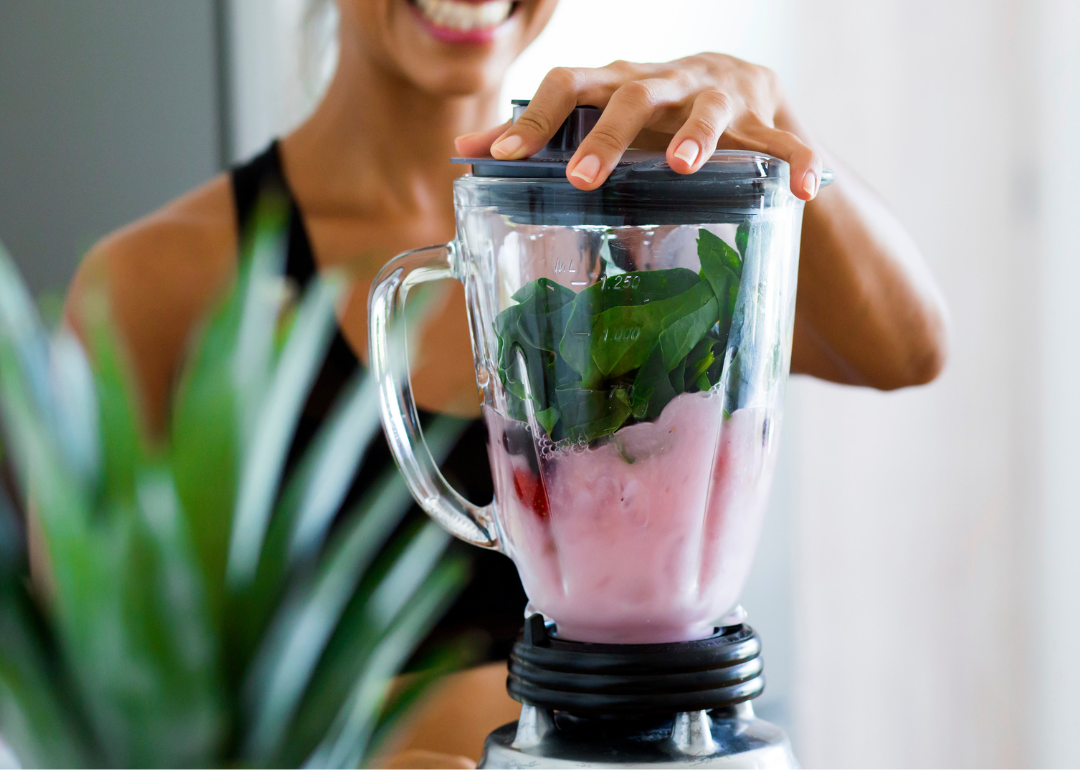Three simple rules for a great post-workout meal
Three straightforward principles to guide your refuelling after exercise Training doesn’t need to come with complicated nutrition rules. Writing from my own experience preparing for a half‑marathon, I’ve learned that a few simple habits make a big difference to recovery—and they don’t have to be time‑consuming or technical.
A quick caveat: post‑exercise needs vary with the type, duration and intensity of activity, and with individual factors such as age and sex. Still, a review published in Sports Medicine highlights three evidence‑backed interventions that consistently help recovery and subsequent performance. I use these as the core of what I aim for after a hard session.
Carbohydrates: refill energy stores Exercise draws on glycogen stored in muscle and liver. Replenishing these stores helps prevent further muscle breakdown and ensures you have fuel for the next workout. Carbohydrate is the most efficient fuel for restoring those reserves. The review notes that, after very intense exercise, athletes may be advised to take in about 1–1.2 g of carbohydrate per kilogram of body weight per hour during the first few hours of recovery—guidance that’s most relevant for competitive athletes. For most recreational exercisers, a carb‑rich snack or meal soon after finishing is a sensible approach. Foods or drinks that provide both glucose and fructose help because glucose more readily restores muscle glycogen while fructose preferentially refills liver stores—fruit is a convenient option that covers both.
Protein: support repair and adaptation Protein supplies the amino acids your muscles need to recover and adapt. Combining protein with carbohydrates can also improve performance in subsequent sessions. A small study of cyclists reported that those who consumed both protein and carbs within a couple of hours after a demanding ride performed longer in a later outing than those who took carbs alone. The amount of protein matters more than precise timing for most people; the Sports Medicine review suggests targeting roughly 20–40 g of protein after exercise—about the amount in a typical chicken portion or a serving of protein powder.
Fluids and electrolytes: restore hydration Replacing fluid lost through sweat is important. Plain water is fine for many people, but beverages that contain electrolytes can be more effective at promoting rehydration because the salts help the body absorb and retain fluid. Research comparing different drinks found that oral rehydration solutions, milk and orange juice supported hydration better than water in the groups tested, while beverages such as tea, coffee or soft drinks were roughly comparable to water. The takeaway: if you don’t fancy plain water, choose a rehydrating drink you enjoy rather than skipping fluids.
Putting it together—keep it simple I still prefer an uncomplicated approach. My typical post‑run choice is a smoothie made with frozen fruit, a splash of orange juice and a scoop of protein powder. It delivers carbohydrates, protein and fluids in one convenient drink—maybe not perfectly optimised for elite athletes, but effective and easy to stick with after most workouts.
Adapted from: Grace Wade, “Three simple rules for a great post‑workout meal,” New Scientist (original article by Grace Wade, 17 September 2025; updated 1 October 2025).

